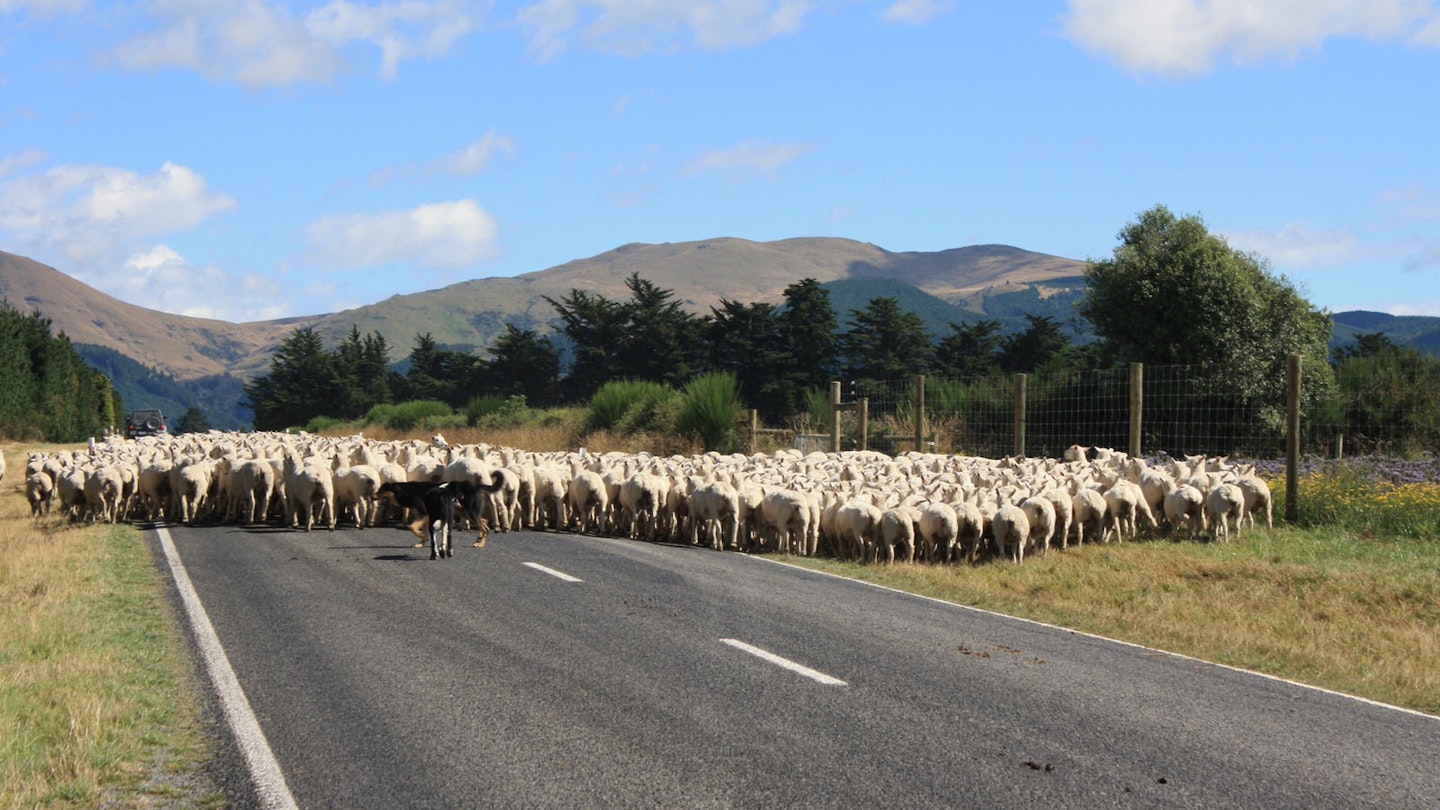New Zealand is the land of Lord of the Rings, home of the All Blacks, and, according to the writer Rudyard Kipling, the eighth Wonder of the World (Milford Sound). If you’ve always dreamt of visiting and are looking for a unique way to travel – or find yourself daunted by the high prices – then you might want to consider WWOOFing.
WWOOF (World Wide Opportunities on Organic Farms) is a global organisation that creates opportunities for people to work on organic farms around the world, and there is no shortage of great experiences to be had in New Zealand.
How WWOOFing Works
WWOOFing is based on a simple concept: Put in a half day’s work (usually four to five hours) at your host site in exchange for free room and board (three meals a day) for the duration of your stay. At its best, WWOOFing fosters a reciprocal relationship where you’re learning from your host, and they’re benefiting from the work you provide.
In a place like New Zealand, there are plenty of WWOOF hosts to choose from. With its rich agricultural heritage, the country’s farms are plentiful and diverse. The economy is highly dependent on seasonal labour (much of which comes from tourists), so many families and farmers are looking for help.
WWOOF New Zealand hosts can range from a family of small backyard gardeners needing assistance with weeds and processing summer’s bounty, to owners of a large dairy operation who require help with daily milking and chores.
As a WWOOFer, you might become an apprentice to a cheesemaker, learn the ins and outs of animal husbandry, or help your host manage a crop rotation schedule for organic vegetables. No matter what you want to learn, there is likely a WWOOF host in New Zealand that suits your interests.
Where to WWOOF in New Zealand
Whether you WWOOF at an eco village, organic farm, or retreat, you’ll be participating in a unique experience that not every traveller will encounter. You’ll have the opportunity to explore areas of New Zealand you might not otherwise visit, and meet other travellers as well as local families.
Want to visit the adrenaline capital of the world? Queenstown is the destination to choose. Looking to ride your bike from the alps to the ocean? New Zealand’s famous Alps2Ocean trail can make that dream a reality. Interested in surfing iconic waves? WWOOF in the laid-back beach town of Raglan for easy access. If hiking or backpacking is more your style, New Zealand’s Great Walks will keep you engaged.
Know Before You Go
WWOOFing sounds simple, but the specifics can vary quite a lot from host to host. ‘Half a day’ is often interpreted loosely, as is the concept of a reciprocal relationship. While some WWOOF hosts will give you free range of the kitchen and facilities, others may present a binder full of rules, which might include details about the teabags you’re allowed to use and how many pieces of fruit you can have per day!
Tips for Success
Make it Happen
Immigration NZ requires you to have a working holiday visa or another type of work visa to WWOOF in New Zealand. A tourist visa will not suffice. Visa requirements and fees vary from country to country, so be sure to check the specifics as they relate to you. To obtain a working holiday visa, you must be between 18 and 30 years of age. If you are older, you’ll need to apply for a regular working visa to WWOOF in New Zealand. Most WWOOF hosts require you to be at least 18 years old, however, there is no maximum age limit.
To be granted a working holiday visa, you’ll need to show sufficient funds as well. This generally means NZ$350 for each month you’ll be in the country, or NZ$4200 for a whole year. Additionally, some visas require you to have medical insurance and be in good health.
You must also purchase a WWOOF NZ membership for NZ$40, which grants you access to the directory of WWOOF hosts in New Zealand and provides a means of communication if you encounter any problems with hosts along the way. The first step in finding a host is to make contact. Email the host you wish to stay with, telling them a bit about yourself, the skills you can offer, what you hope to learn, and for how long you’d like to stay. Many hosts have a minimum and maximum length of stay, with these timeframes varying greatly and ranging from a few weeks to several months.





